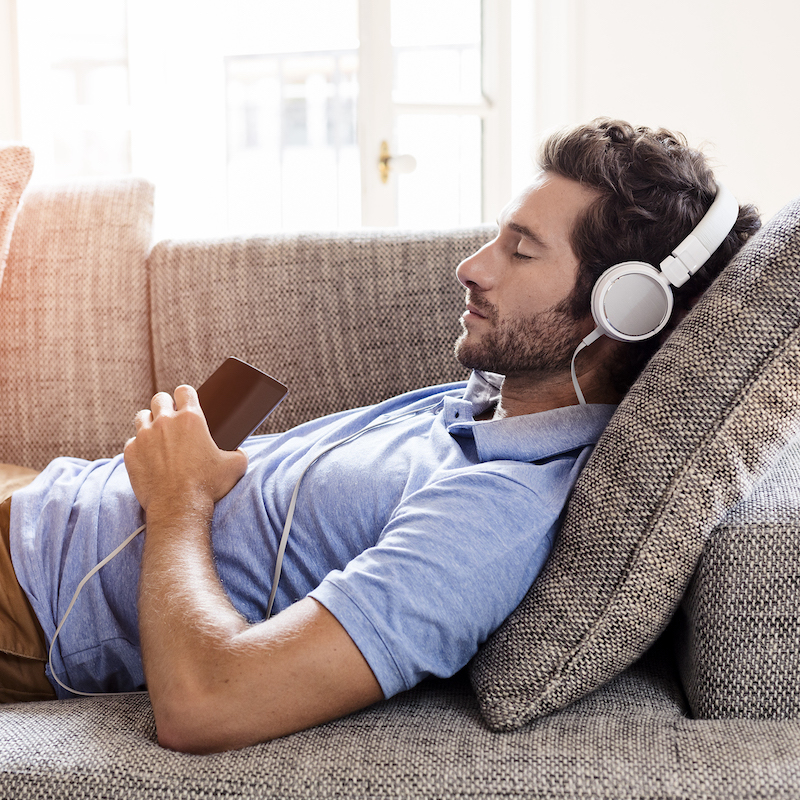

Stress—especially long-term stress—can be harmful to your health. Some people experience mainly digestive symptoms, while others may have headaches, sleeplessness, sadness, anger, or irritability. Over time, continued strain on your body from stress may contribute to serious health problems, such as heart disease, high blood pressure, diabetes, and other illnesses, including mental disorders such as depression or anxiety.
Whatever the stressors in your life, it can be helpful to turn to some relaxation techniques to help you cope. Relaxation techniques are practices aimed at producing the body’s natural relaxation response, characterized by slower breathing, lower blood pressure, and a feeling of increased well-being. They include:
- Guided imagery, in which people are taught to focus on pleasant images to replace negative or stressful feelings. Guided imagery may be self-directed or led by a practitioner or recording.
- Deep breathing or breathing exercises. This technique involves focusing on taking slow, deep, even breaths.
- Progressive relaxation, which involves tightening and relaxing various muscle groups. Progressive relaxation is often combined with guided imagery and breathing exercises.
- Biofeedback-assisted relaxation. This technique uses electronic devices to teach you to produce changes in your body that are associated with relaxation, such as reduced muscle tension.
For all these techniques, practice is a key to success. Relaxation techniques are skills, and like other skills, they need practice. People who use relaxation techniques frequently are more likely to benefit from them.


































No hay comentarios:
Publicar un comentario